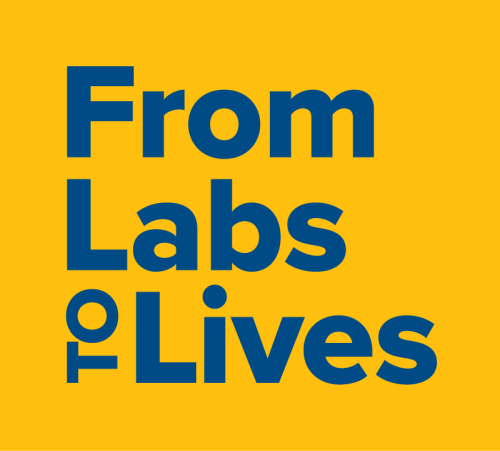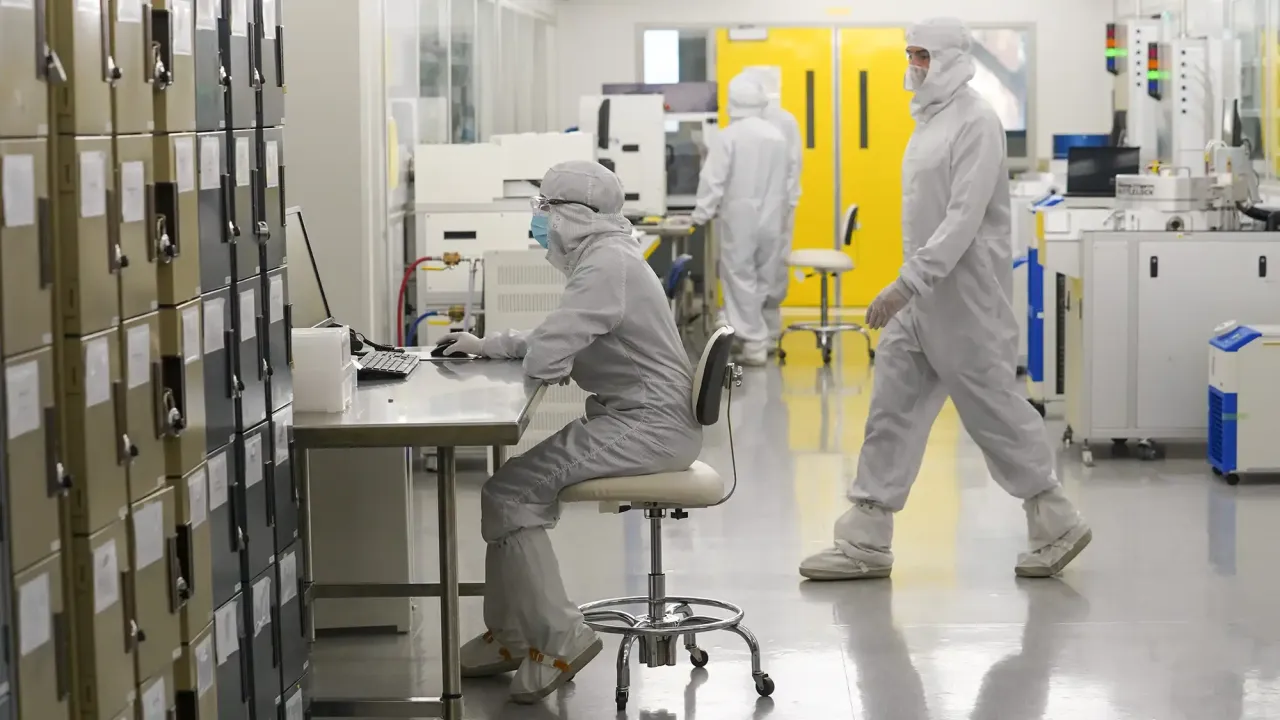America’s lucrative, long-running investment in basic science and research is under threat, and the consequences could be far-reaching for local and national economies and for the United States’ leadership in innovation and technology.
For over 70 years, the U.S. government has supported fundamental research at universities. A 1945 report, “Science – The Endless Frontier” by Vannevar Bush, head of the Office of Scientific Research and Development during World War II, argued that investment in science was vital to the nation’s security and economic success.
This basic research catalyzes discoveries and inventions and trains the next generation of scientists and engineers.

Has UC Davis Research Changed Your Life?
Whether it’s improved your health, helped a loved one or made your community better — we want to hear your story. Join others in celebrating the real world impact of UC Davis research.
“That's the genius of the of the U.S. system,” said Simon Atkinson, vice chancellor for research at UC Davis. “The government decided to invest its R&D spending predominantly in universities, I think partly because Vannevar Bush and all those folks realized that it was really important that they were training the next generation of scientists who'd be big on the on the leading edge of discovery.”
You might benefit from UC Davis research in the vegetable aisle at the grocery store, when you need a medical scan, or when you take your pet to the veterinarian. It might be supporting the internet connection where you’re reading this article or helping to clean the air you breathe.
“There are all sorts of reasons why California became the center of an innovation economy,” Atkinson said. “A big reason is the strength of the universities in California, the concentration of knowledge in one part of the country, supported by the University of California, in particular.”
It's been calculated that since 1950, every dollar of government research spending has generated up to $3 in economic returns. UC Davis estimates the economic impact of its research in California alone at $2 for every dollar in federal grants; the true impact is likely much higher, Atkinson said.
“If you think of all the things that the people who we pay do, and what the suppliers that we pay who pay other people, it's an even bigger impact than that,” he said.
But since the beginning of this year, the federal government’s system of research funding has been disrupted. At UC Davis, dozens of grants and awards ranging from agriculture to Alzheimer’s disease have been terminated or delayed since February. While many have been reinstated following appeals or court action, others have not and great uncertainty remains.
“Things have been changing so rapidly, the federal government makes decisions and tries to do things and then so many of those decisions have been reversed, either by the court or because the administration has changed its mind, that it's very hard to know where we are,” Atkinson said. “Overlaid on top of that is all the uncertainty over what the federal budget looks like for the for the next fiscal year.”
While some areas, such as artificial intelligence and quantum information science, seem set for a boost in investment, other areas of study, such as climate science and health issues among minorities are clearly in great jeopardy. It seems likely the administration will reduce research spending at universities overall.
Disinvestment in fundamental research has long-term consequences. Major challenges, such as health care for an aging population, feeding the world and keeping a healthy environment, will go unaddressed. Breakthroughs that make peoples’ lives longer, easier and healthier won’t happen. Perhaps most significantly, careers in science, engineering and technology will dry up, removing America’s competitive edge.
While U.S. industry has benefited enormously from university research, businesses are unlikely to step in and replace federal funding for science, Atkinson said.
“It's very hard for business leaders to justify to shareholders that they're investing in very early-stage research that isn't going to have an immediate payoff on the stock prices or the bottom line,” he said.
“We're already going to see long-term consequences of what's happened in the last few months, in people who choose not to go into careers in research, who choose to do something else, who could have been making the discovery that wins the Nobel Prize 30 years from now, those people are going to be in China or in Europe or somewhere else,” Atkinson said.
